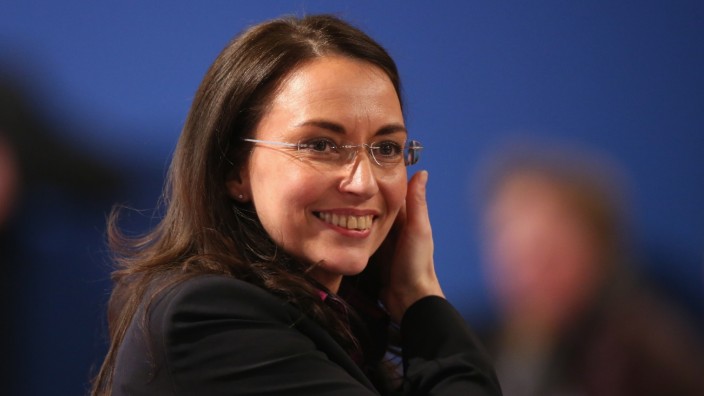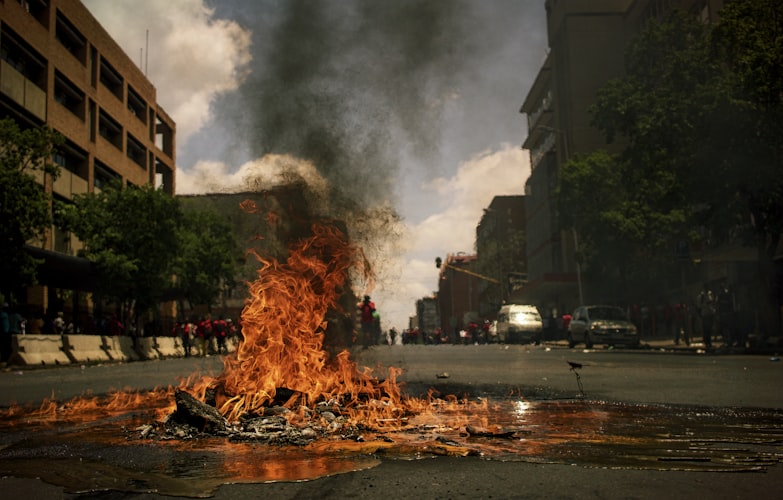PRESIDENT TÜLAY ELÇİ ON EASTERN HAANE: "THERE IS NO REASON TO INTERVENE"
President Tülay Elçi gave a speech in the city of Leylekhan this afternoon.

ONE - Good evening, Alkharyans. I am Ece Üzümcü and you are now watching the evening news on ONE, the finest news network in Northern Alkharya. President Tülay Elçi gave a speech in the city of Leylekhan this afternoon to cover many incidents that have happened across Alkharya. There is also rising tension in the European Council after our councillor Aylin Gökçen submitted a repeal for the Elected and Accountable Council Act. I am now with Kerem Öktem and Evren Bora Derin to discuss the words of Tülay Elçi. Gentlemen, let's start with the first point: Our missionary ban. It's back after it was unbanned for thirteen years, right after we joined the European Union. Tülay Elçi said that she approved the ban, saying that it was an exploited part of the Alkharyan government. Should they remain banned?
Kerem Öktem: Oh, absolutely. It was, uh, a grave mistake that the government has done to make itself seem friendly to everything, even religions, which is a complete 180 from our history. The era between 2002-2007 was a really controversial era that gets its controversies mainly because of the way religious freedom was handled in the country. Sure, we absolutely need to question the way we handle religious people in today's society and xenophobia is absolutely a problem, we shouldn't have responded with, uh, how can I put this... Giving the believers absolute freedom on influencing Alkharyans and putting them into existential crises?
Evren Bora Derin: I agree with you there. The government has gone way too quick. Many Alkharyans didn't have exposure to other religions back then, some still don't. The number of believers has certainly gone up since 2002, for sure, but back in 2002, believers didn't even make up half a per cent. And it might be even less considering anyone who wasn't apatheist or atheist was simply referred to as "other beliefs" and they still are, which I feel should be changed.
Ece Üzümcü: Thank you, both of you. Now, if you were to ask my opinion, I don't agree with a total ban. I agree that we should regulate missionaries and their actions more, but I feel like the government has bit more than they can chew and now the Kurultay tries to please the people with this ban. Now, onto the second point: Eastern Haane. One of the journalists asked if Alkharya would intervene in the conflict, and she answered, and I quote: "There is no reason to intervene. I'm not sure why this is even a question. Other member states are handling the situation well and I'm sure they don't need Alkharya's assistance." Now, personally, I don't see why would we even bother to enter this conflict, so I agree with Tülay Elçi there. What do you think, Mr Derin?
Evren Bora Derin: I agree with her. I mean, the conflict has mostly been resolved to my knowledge and I really do not see why would Alkharya intervene in Eastern Haane. There is no point.
Kerem Öktem: Yeah, I think we all agree that it's not necessary for us to intervene.
Ece Üzümcü: Sure thing. The next point was about the European Council. Now, for those unaware, Councillor Aylin Gökçen has submitted a repeal voting for the Elected and Accountable Council Act. Her reasoning was that the Act limited member states' choices for no reason apart from pleasing the European Union and it's meaning of democracy, which was hypocritical considering European Union allowed literal dictatorships like Noctoria to enter and stay for months until their leaving, which Gökçen referred to as... "purged off"? Odd. So, the President was also questioned about this, and she said she would like to "estabilish a procedure compatible with Alkharyan law and the Acquis Communautaire". Do you think that the Elected and Accountable Council Act should be repealed?
Kerem Öktem: See, this is all about different interpretations of the law. I cannot say that either Firoux or Gökçen is correct- They both have valid points on their own rights. Councillor Gökçen thinks that since the people choose their own governments, they trust the government enough to choose the procedure for councillor selection. Councillor Firoux, however, disagrees, says that to hold European Council accountable, all councillors should be elected in a democratic way.
Evren Bora Derin: There's also the fact that the whole Act may very well be unconstitutional, as pointed out by Acwellan Devoy.
Kerem Öktem: Again, it all comes down to differing definitions. Devoy believes a member state is not defined by its population, while Firoux believes that a member state is a sovereign body composed of people. We need to eliminate these conflicts and vague definitions first if we want to get somewhere.
Ece Üzümcü: I believe that all member states should be free on choosing their councillors however they please.
Evren Bora Derin: I sense a trust deficit- that the EU simply does not trust its members enough to choose good councillors.
Kerem Öktem: Okay, but this Act was estabilished to respond to anti-EU skeptics since they have always criticized the EU for having corrupt politicians. I definitely think there are flaws in it, like prohibiting term limits, which is essential in Alkharyan political system, but you also cannot deny that there has been many councillors in those seats that influenced the EU politics for the long-term. I disagree with Councillor Gökçen that we should totally repeal it- I think it should be amended ideally to please all sides. Democracy is essential to the European Union, after all.
Evren Bora Derin: What in the world? The councillor position is just as important as presidency- if not more important. You're a part of a body that enacts laws on numerous countries. Our president can't do that! And the people don't choose the president, Kurultay does so they can choose the most reliable president out of the parliament. If Kurultay can do that, they can elect our councillor, too.
Kerem Öktem: Yes, please tell us how to make the Alkharyan democracy that is already flawed, more flawed than usual.
Evren Bora Derin: If it isn't broke, don't fix it, is all I'm saying!
Kerem Öktem: It IS broke. The system is working for the few educated elite and it is incredibly rare for a normal person to get a government job. How is that democracy?
Ece Üzümcü: Okay. Thank you. (Argument continues as she tries to speak.) Thank you. We'll be right back right after this ad break.




/cdn.vox-cdn.com/uploads/chorus_image/image/66939066/crime_scene_photo_SHUTTERSTOCK.0.jpg)





![[Candidate photograph or image]](https://i.ibb.co/c34NJNs/001.jpg)
